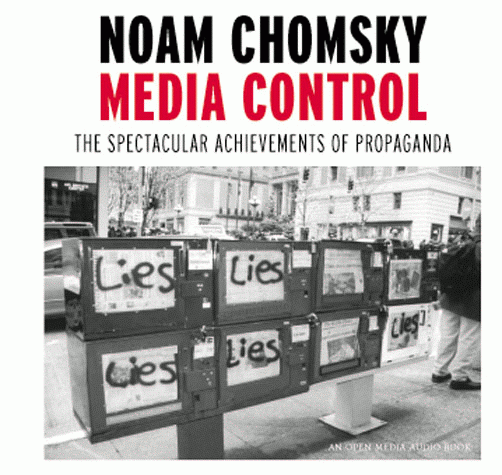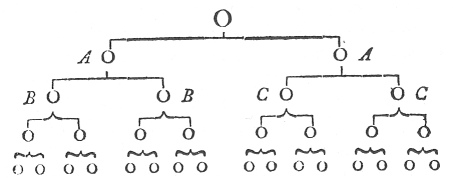Free speech has never been truly free. There has always been a high price to pay by those people of truth, who wish to freely speak as they  choose.
choose.
Often in the past, the price to pay for saying or writing the wrong thing was for your head to be cut off, your tongue cut of, your eyes poked out, and your flesh slowly burnt as you were crucified over a terribly hot burning fire of coals.
Today the methods have changed in the West, to slow unseen torture like a frog in a pot. Methods like being banished from society with the loss of your professional license, ostracized by your alleged peers, audited by the IRS, and/or sent to some far away prison for unrelated crimes. Last but not least, you may simply be suicided, when in fact you love life. The problem with your love of light, is that it sometimes makes you blind to these dark governmental facts of life.
In other areas of the world you will loose your life; such as in North Korea where you will be imprisoned for life in a concentration camp, along with all your relatives and descendants for five generations if you say the wrong thing. In places such Iran, you will simply vanish from the streets after you are abducted by the secret police. Over in Russia, they will slap you upside your head and pay you a special visit. If you are a media company and they do not like what you say or write, they will give you two warnings to shut the F up; and if you do not close your mouth or change your writing style, they then shut down your company forever.
These pay for your free speech facts are now becoming more of an in your face reality in the West. The facts are, that in order to speak freely against the government or to expose issues that may be a threat to National Security, you’re gonna have to pay the piper a serious toll for opening your big F’n mouth.
It is the old saying, “Know your place, shut your face!”
Just recently, an article came out in the U.K. media outlet the Guardian, titled “Journalists and whistleblowers will go to jail under new national security laws.” The article reads:
“Journalists will be jailed. It might take a year, or two, or even longer. But journalists and whistleblowers will face prison as a result of the first tranche of national security legislation that was passed in the Senate late on Thursday.
And they laughed as they did it. As the Coalition, Labor and the Palmer United party voted in favour of this bill, which dramatically expands the powers of intelligence agencies while creating new offences for disclosing information about the operations they will undertake with these new powers, there was a jovial air in the chamber.
It’s a bill that makes many broad changes to our intelligence gathering apparatus. It introduces a class of “special intelligence operation” for Australian Security Intelligence Organisation (Asio) missions where intelligence officers can gain immunity from using force or committing other offences.
Reporting of these operations, which could foreseeably lead to situations where a public disclosure would be in the public interest, could land journalists and whistleblowers in jail. And not just journalists, but any person who shares or republishes this material. In addition, harsher penalties are put in place for intelligence whistleblowers who take documents or records and disclose them, partly as a response to the disclosures made by NSA whistleblower Edward Snowden.
So how would these laws work? We have many examples of intelligence reporting that could be caught within the scope of such an offence. Say for instance, the bugging of East Timorese leaders during their negotiations with Australians were to happen today. If it were declared a ‘special intelligence operation’ – a process which only involves approval from the attorney general – reporting of the fact this bugging occurred, the details around it, the nature of the surveillance, could be caught within the scope of this offence. The same could equally apply for reporting the Indonesian president’s phone was targeted by Australian intelligence agencies, if it were declared a special operation.”

Moe is the founder of GnosticWarrior.com. He is a father, husband, author, martial arts black belt, and an expert in Gnosticism, the occult, and esotericism.








